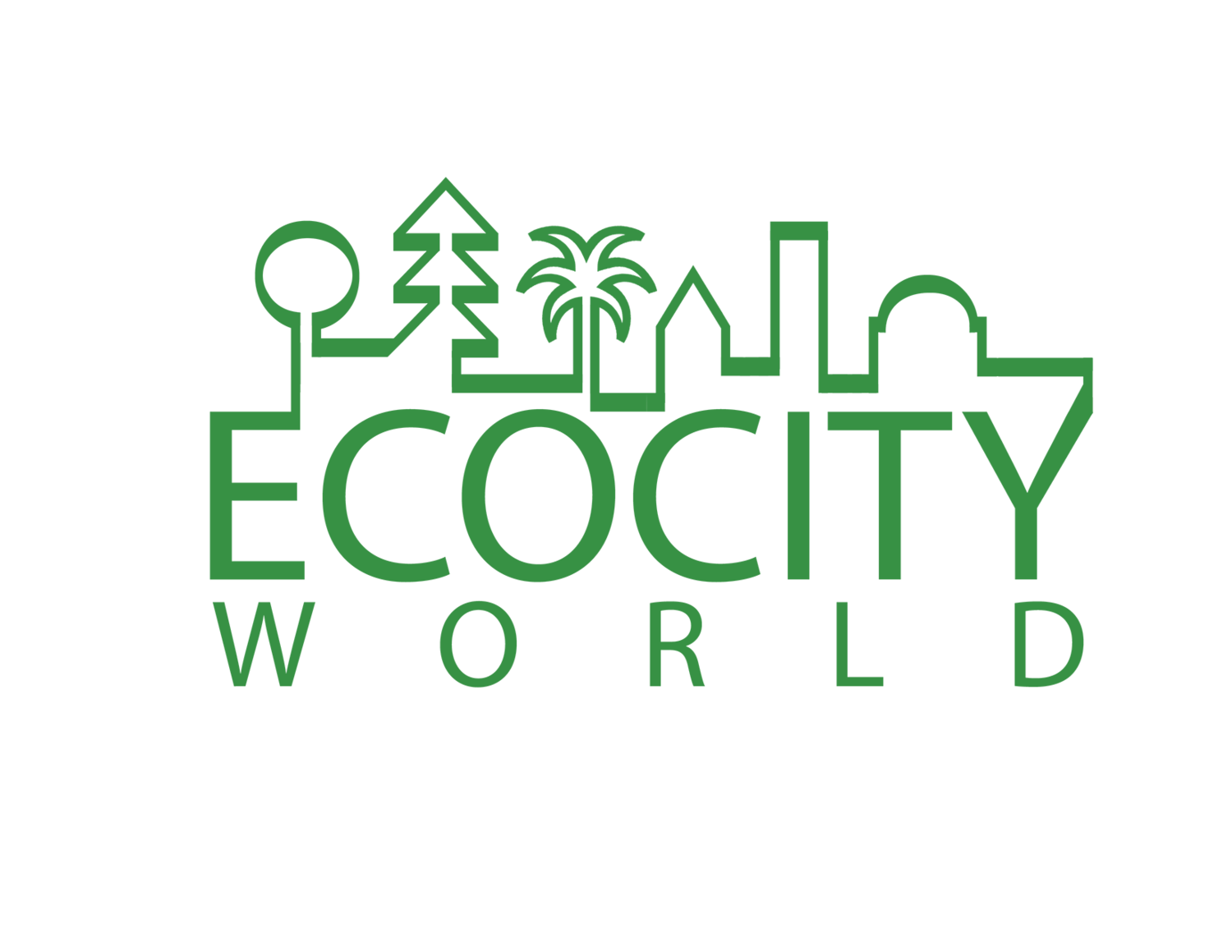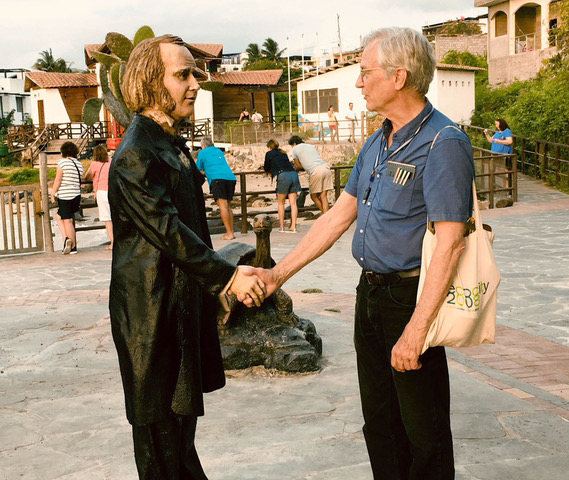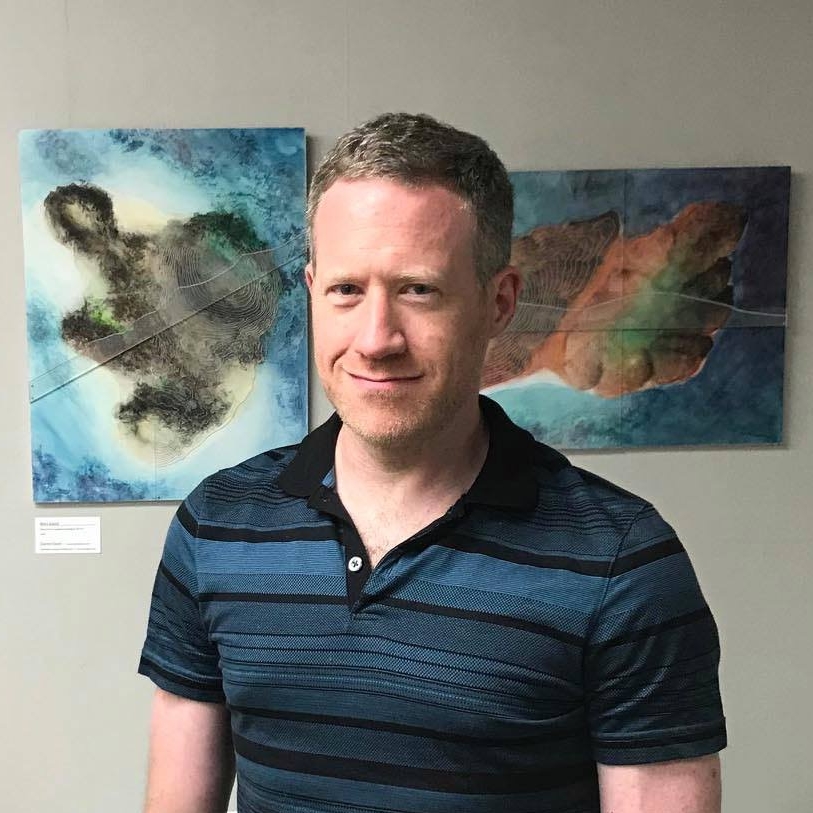founder
RICHARD REGISTER
Richard thinks of himself as Ecocity World’s “instigator,” busy pulling together the pieces of this new organization he founded in early 2018.
Richard grew up in Santa Fe and was trained as a sculptor. In 1965, at age 21, he met architect-philosopher Paolo Soleri who convinced him that radically altered patterns of community habitation are essential to guarantee a thriving future for our planet. In 1974 he became the founding President of the Arcology Circle, a California non-profit, adopting Soleri’s term denoting an integration of architectural and ecological concepts and practices to create a new kind of city. In 1980 that group changed its name to Urban Ecology, which under Richard’s leadership hosted the First International Ecocity Conference in 1990. Soon after that conference, the spirit of the organization changed to the almost exclusive pursuit of local activity well-funded by local foundations, and Richard left and founded the Berkeley-based non-profit Ecocity Builders to regain international breadth. Richard and Ecocity Builders parted ways in 2018; today he carries on his vision through Ecocity World, with a new team of collaborators and defining different areas of work.
Beginning with the first United Nations Environment Conference in Stockholm in 1972, Richard has spoken in 36 countries. He has made 25 trips to China alone, where some of his ideas and much of his ecocity terminology has been incorporated into national policy. He is the author of eight books illustrated with his own drawings and photographs, most recently Ecocities Illustrated, a record of more than 40 years of drawings, and World Rescue: an Economics Built on What We Build, describing the relationship between human and natural “economies” and how the health of the former is increasingly dependent on re-thinking the design of our cities.
CORE GROUP
darren sears
Richard’s closest collaborator, Darren Sears is a designer and artist whose creative work draws upon his fascination with our emotional responses to landscape, vegetation and biodiversity and with their manifestations in art and built form. He holds a B.A. in Human Biology (concentrating in ecology and anthropology) from Stanford, and a Master in Landscape Architecture from Harvard’s Graduate School of Design.
Darren’s design experience spans four continents and ranges from gardens and plazas to resort hotels, urban parks, waterfronts, and master plans. He has developed a particular interest in the form and philosophy of design in environmentally unique and sensitive locales, particularly in relation to the city-nature interface.
A resident of San Francisco, Darren is currently taking a break from landscape architecture to focus on artwork, including recent artist residencies in Iceland and Tasmania. Inspired by his extensive travels, his works in oil, watercolor and mixed media depict idealized locales featuring dramatic juxtapositions of ecosystems and of urban and wild, calling attention to the fragility of ecologically-complex environments in the face of climate change and other environmental threats. He is represented by Hang Art gallery.
Learn More about Darren’s work.
paul downton
An architect in Melbourne, Australia, Paul Downton has for over three decades been a leading contributor to the gestation and growth of the ecocity movement. At this pivotal time of ecological, climatic and cultural change, he sees the development of ecocities as a global imperative and an evolutionary adventure.
As a writer, presenter and self-described “urban evolutionary,” Paul cuts through the tangle of ideas that purloin the “ecocity” label, and weaves the strands together to show how empowering community, resisting ecological collapse and fighting climate change are inherently and necessarily connected to the goal of creating ecocities.
Paul’s many years of experience in both practice and academia include co-convening the Second International Ecocity Conference in 1992 for Urban Ecology Australia, co-initiating and designing Christie Walk, a community-driven project recognised internationally as a pioneering exemplar of inner-city, medium-density ecological housing development, working with the Chinese Academy of Sciences in transitioning the city of Huaibei from coal-dependency to a future fueled by renewables and shaped by ecocity principles, and initiating and designing the legendary Halifax EcoCity Project awarded “World’s Best Ecocity Project” by Ecocity Builders in 1994.
Paul’s current research focuses on the role of urban fractals and biophilia in making visionary and viable ecocities. He remains fascinated by ecocity history and theory and looks forward to using his substantial knowledge alongside other pioneers and visionaries to bring ecocities into being around the world.
Learn More about Paul’s work.




